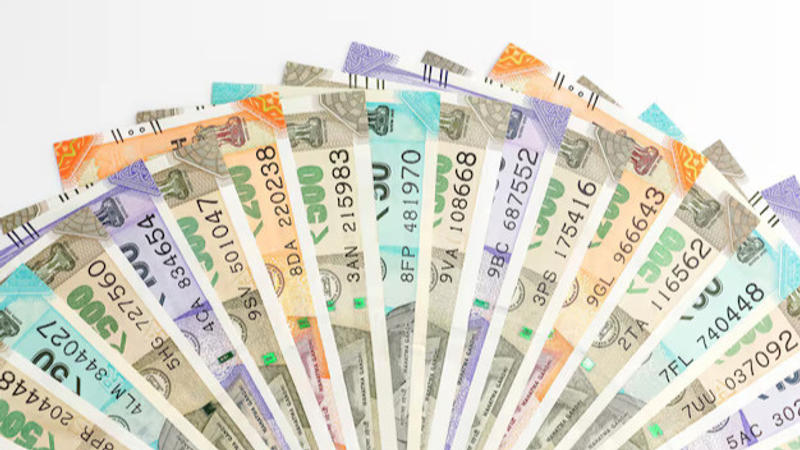Published 21:09 IST, November 4th 2024
Financial shifts in November: Key updates on train tickets, credit cards, and more
November brings key changes to money transfers, credit cards, FDs, train bookings, and telecom rules—here’s what’s new for your wallet.

Financial shifts in Nov: November ushers in several notable changes that could influence your finances. Updates from the Reserve Bank of India ( RBI ), Indian Railways, ICICI Bank , and the Telecom Regulatory Authority of India (Trai) are now in effect. Here’s what’s new and how it might impact your budget:
RBI tightens money transfer rules starting November 1
The Reserve Bank of India has introduced modifications to its Domestic Money Transfer (DMT) framework, effective from November 1, aimed at enhancing security and compliance in banking and payment systems.
Banks are now required to maintain detailed records of beneficiary names and addresses for cash payout services, enhancing traceability under the new Domestic Money Transfer (DMT) framework.
Additionally, stricter Know Your Customer (KYC) requirements mandate that banks and business correspondents register remitters with a verified phone number and an 'Officially Valid Document' (OVD).
To further secure transactions, remitters must now validate transfers with an Additional Factor of Authentication (AFA).
Compliance with the Income Tax Act has also been reinforced, requiring banks to include remitter details in transaction messages for adherence to cash deposit regulations. Notably, card-to-card transfers are excluded from these changes and will continue to follow existing guidelines.
Changes to ICICI Bank Credit Card Policies
ICICI Bank has introduced several updates to its credit card policies, including spending caps and new fees.
Reward points on utility and insurance spending are now capped at Rs 80,000 for certain cards and Rs 40,000 for others, while grocery and departmental store rewards are limited to Rs 40,000 and Rs 20,000 per month, depending on the card type.
Additionally, points will no longer be awarded for government-related transactions. Fuel surcharge waivers have been revised, now applying to monthly spends of Rs 50,000 or Rs 1,00,000, based on card type, and spa benefits through DreamFolks cards are discontinued.
The requirements for annual fee waivers have also been adjusted, with some thresholds raised or lowered. A new 1 per cent fee has been introduced for third-party educational payments and utility transactions exceeding Rs 50,000, while complimentary domestic lounge access now requires a minimum quarterly spend of Rs 75,000.
Effective November 15, 2024, the foreign exchange markup for ICICI Bank credit cards will be set at 2 per cent.
Indian Bank’s special fixed deposit deadline approaches
Indian Bank’s special fixed deposit (FD) schemes, available until November 30, offer competitive interest rates for both the general public and senior citizens.
Under the Ind Super 300 Days scheme, interest rates are set at 7.05 per cent for the general public, 7.55 per cent for senior citizens, and 7.80 per cent for super senior citizens.
Additionally, the 400 Days scheme provides 7.25 per cent for the general public, with rates reaching up to 8.00 per cent for super senior citizens on deposits exceeding Rs 10,000 but below Rs 3 crore.
Indian Railways shortens advance ticket booking period
Effective November 1, Indian Railways has reduced the advance reservation period (ARP) for train tickets from 120 to 60 days.
This move aims to discourage speculative bookings and reduce cancellations.
The ministry noted that around 21 per cent of bookings made 61 to 120 days in advance were cancelled, with about 5 per cent of passengers not traveling. The new ARP is designed to encourage genuine bookings that reflect actual demand.
Trai’s new regulations target spam calls
Starting November 1, the Telecom Regulatory Authority of India (Trai) has implemented stricter rules to combat spam calls and messages. Major telecom providers, including Jio, Vi, Airtel, and BSNL, are now required to comply.
Updated 21:09 IST, November 4th 2024